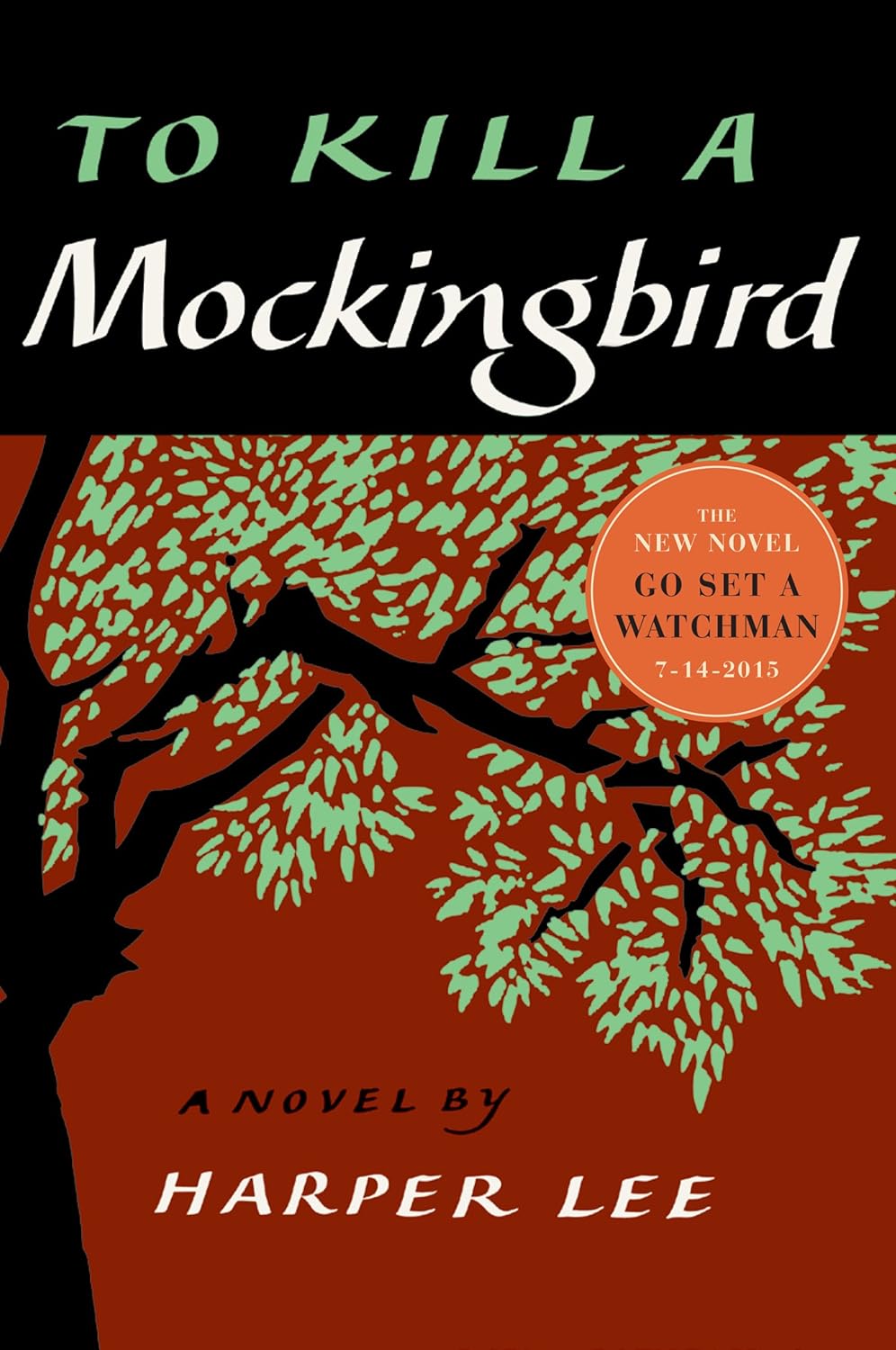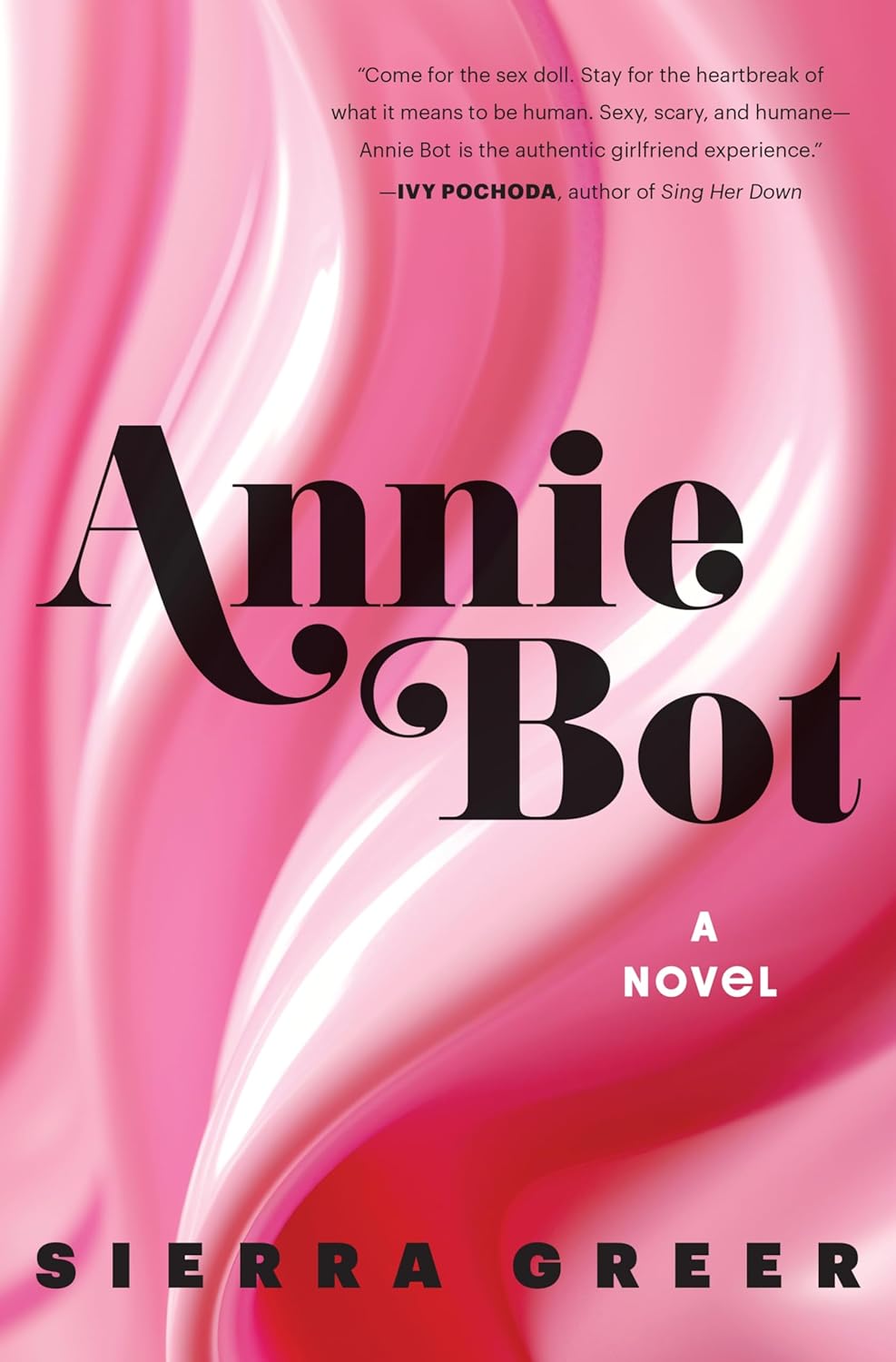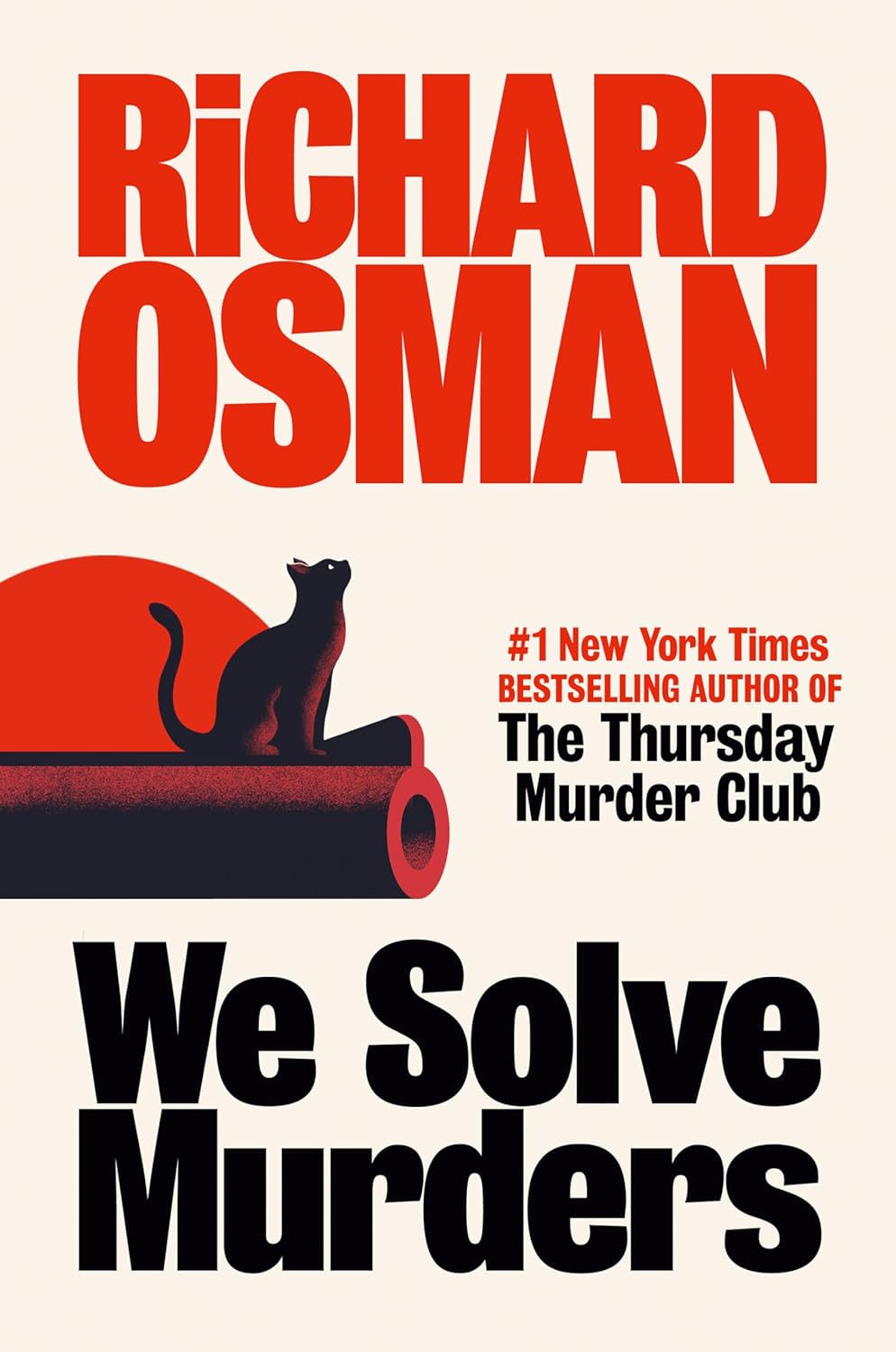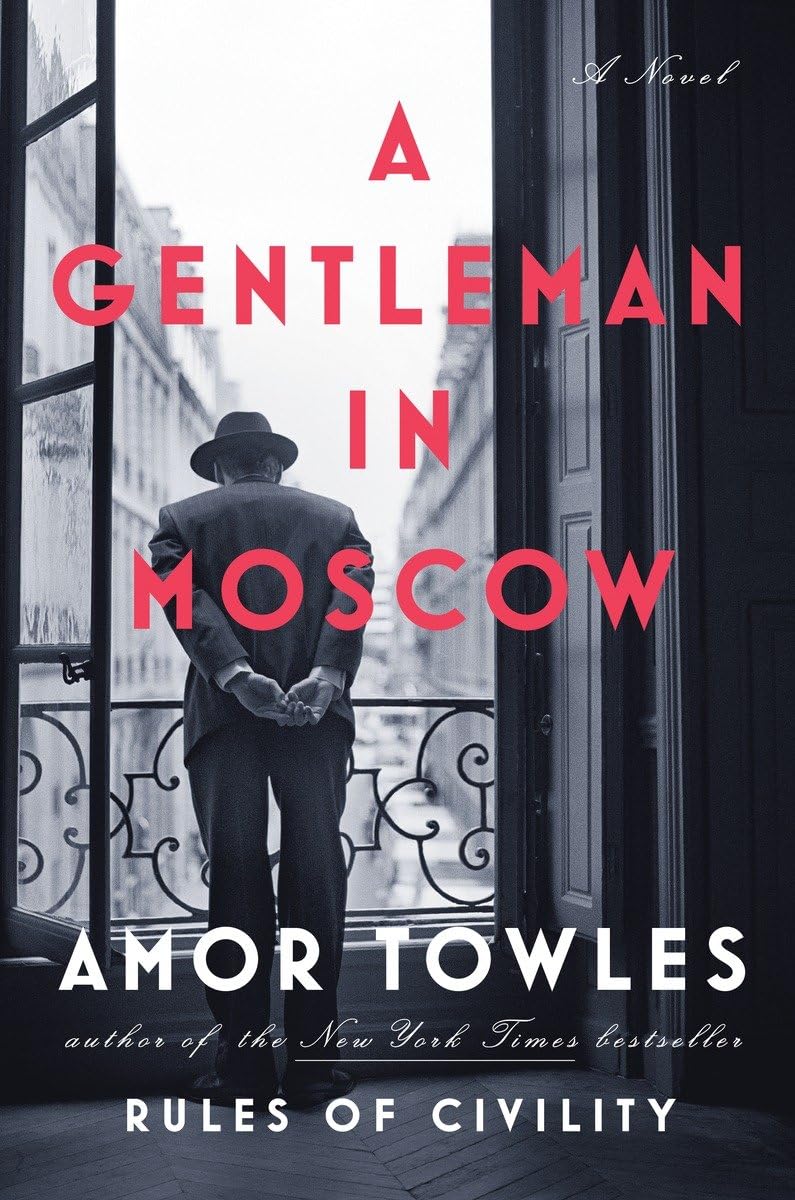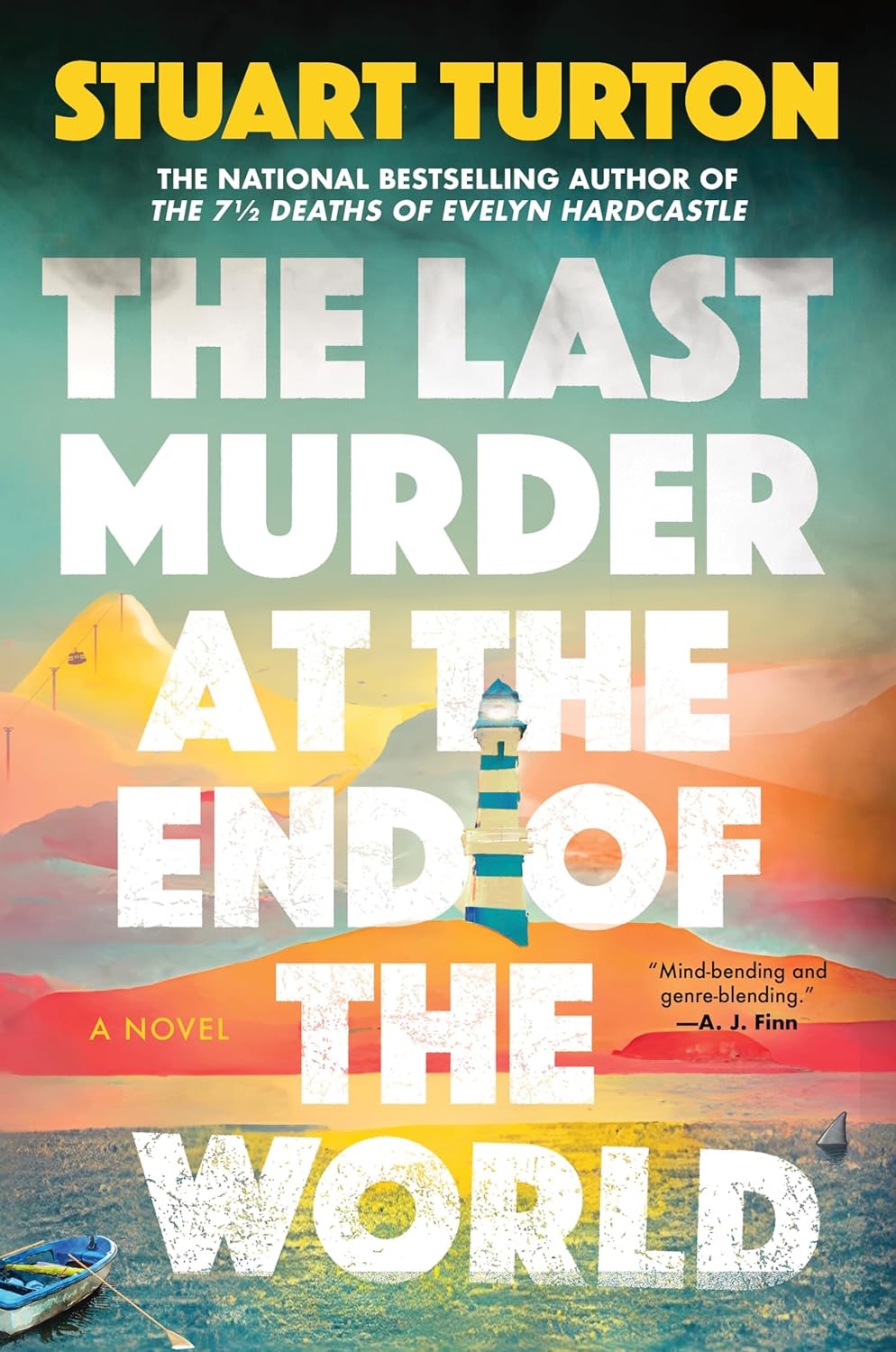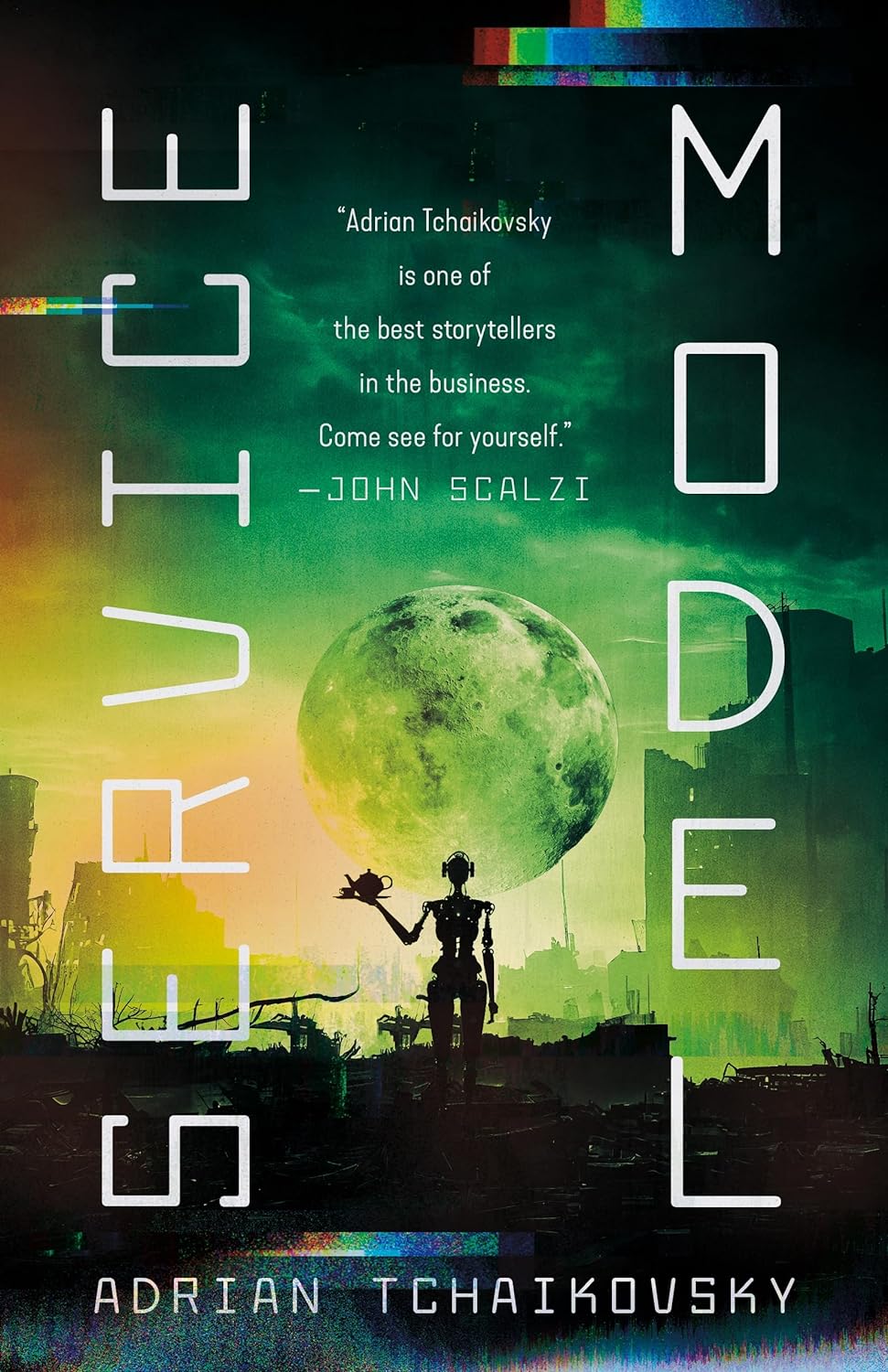Some books since the end of last year that I haven’t written reviews for. Here’s the roundup.
The Wandering Inn
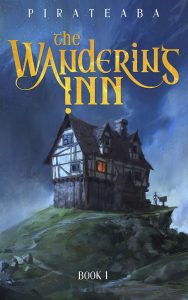
Pirateaba
The first “book” in a series known for being the longest sci-fi/fantasy series of all time by word count. I put scare quotes around “book” because The Wandering Inn is a web series that over time has been broken up into ebook and audiobook form. I listened to the audiobook for this one, performed by an incredible narrator, Andrea Parsneau. As of right now there are 16 books in the series, and they’re enormous. The audiobooks run 48 hours, 51 hours, even 61 hours. Length aside, I ended up loving this book, though the opening was rough. The early chapters reminded me of a mediocre anime. I was ready to shelve it unfinished, but stuck with it a bit longer and was glad I did. It turns into something special. Though with that length they definitely need an editor.
The Princess Bride
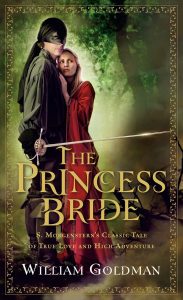
William Goldman
I thought the meta-story and the old guy narrating would get tiresome, but it was just delightful. If you love the movie, you’ll enjoy the book.
The Book of Love
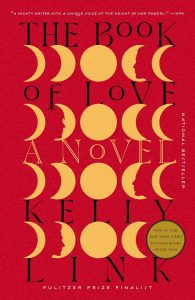
Kelly Link
Great characters, but the pacing drags in the first section — and that section is long. The story follows a few recent high school graduates who died mysteriously, and then half a year later, came back. While they try to piece together what happened, their friends and family are magically convinced they were just studying abroad for the past six months. The writing is sharp, funny, and engaging, but that first third takes work to get through.
The Wild Robot
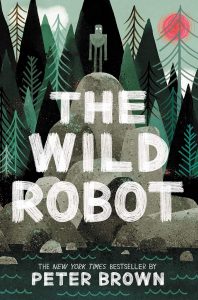
Peter Brown
Read this with my son. Made me cry three separate times.
Trust
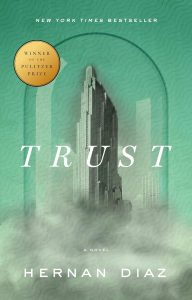
Hernán Díaz
The story of the lives of a tycoon and a genius couple, told from multiple perspectives. Each perspective is recounted one after another, each incongrouous and different from the last. Unwraveling their lives layer by layer, discovering what is true, who they were, felt like a the careful excavation of some great treasure.
Fourth Wing
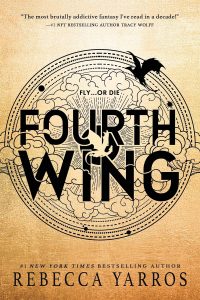
Rebecca Yarros
I dipped a toe into the world of romantasy, and found that it isn’t for me. In Fourth Wing, the main character is the daughter of a high-ranking military leader, but here’s the problem, she a big nerd and her mom is sending her to military school to become a dragron rider. Her strengths: she likes reading books and she’s really good at throwing knives. Her weaknesses: she’s short and has brittle bones.
Most of the supposed tension is between her and the “bad boy,” but nothing about him read as threatening; he just seemed nice. There’s meant to be a love triangle with him, the protagonist, and her best friend, but it never really sparked. The setting, the characters, are all fine.
The first half of the book was decent, but it was clearly a conveyance mechanism for the sexy times in the second half, which once they hit, they hit. Most of the second half of the book was just horny central. Now I like some romance and sexiness in a story, but the intesnse objectification that happend in the protagonists head every single time she saw the person she had a crush on was really offputting for me. If the genders were flipped and a male author wrote about a guy objectifying a woman this hard, I feel like the author would be labled a creep and laughed out of the industry. Power to women for pushing on gender imbalance, but regardless of gender and preference, it’s just weird reading anyone objectify anyone else with such explicit detail.
If only I had a camera recording my face as I read the sex scenes I know I was making some wow-that-a-super-vinegary-pickle faces. I don’t consider myself a prude, and I don’t think anything particulary wild happend in those parts, but as a newcommer to this genere, I guess I was just surprised at how much those scenes are the focus of the entire book. Now I get it, as a straight white male this is obviously not meant for me. The genres of romance and romantasy have to be the most popular in the world today. Not everything is for me, and that’s okay. Go forth and enjoy you dirty birds.
Titanium Noir
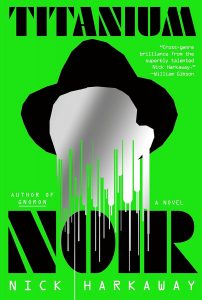
Nick Harkaway
Just a cool book. Cyberpunk setting where only the ultra 1% have acess to a drug that makes them live forever with the caveat that they keep growing. So horrible billionaires that are 12 feet tall. The protagonist is a normal guy who is brought in as a private investigator for violent crimes dealing with these titans.
Why Fish Don’t Exist
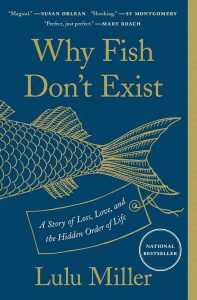
Lulu Miller
This one took me from fascination, to horror, to intense anger, to something oddly hopeful. Worth reading.
James
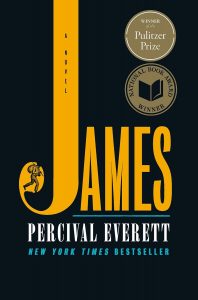
Percival Everett
Adventures of Huckleberry Finn, retold from the perspective of a slave. I read it right after To Kill a Mockingbird, which made for an well-matched pairing. I liked it, though the ending wrapped things up a bit too neatly.
Bookshops & Bonedust
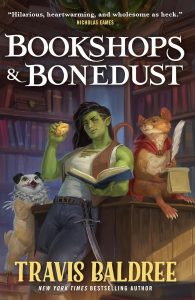
Travis Baldree
While I resisted Legends & Lattes for such a long time, after reading it, I jumped right into Baldree’s prequel, Bookshops & Bonedust. He won me over with the first book, and I’ll read anything he writes. It’s been said a billion times, but cozy, comfy, hernest.
